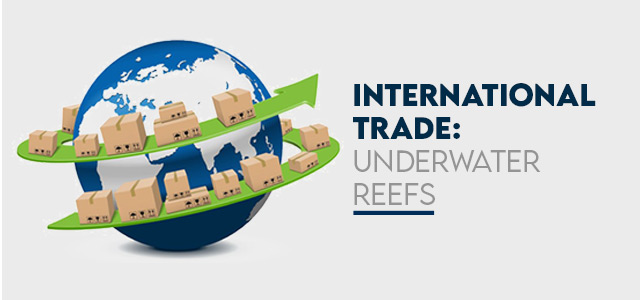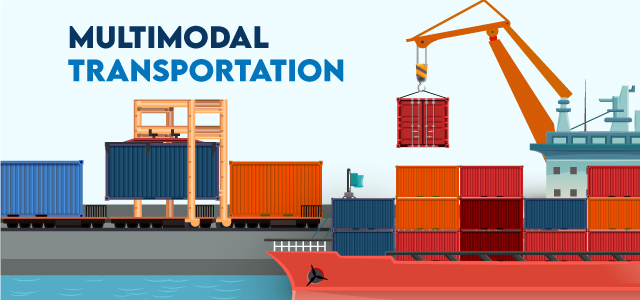Alliance Logistics is a logistics company operating major freight forwarding projects in the region, with headquarters in Baku, Azerbaijan. Our company, which specializes in rail and sea freight, has been involved in cargo transportation processes since August 2018 and has been fully active since November 2018. Currently, our portfolio includes more than 250 companies.

The principle of continuous improvement is at the core of Alliance Logistics. Our company, which has about two hundred highly qualified specialists, regularly analyzes transportation opportunities and creates efficient supply chains. To maintain a high quality of service, we use the latest technology and equipment that meet modern standards. Using our extensive and reliable network of partners, we help our customers steadily outpace their competitors.
The staff of Alliance Logistics consists of highly qualified specialists in the fields of logistics, rail transport, and data analytics. Our experienced logistics specialists apply advanced and more cost-effective methods for cargo transportation and handling. The team of data specialists certified by Microsoft analyzes transportation trends in the region and optimizes logistics processes for more efficient project management.

Transit

Import

Export

Domestic Transportation
















